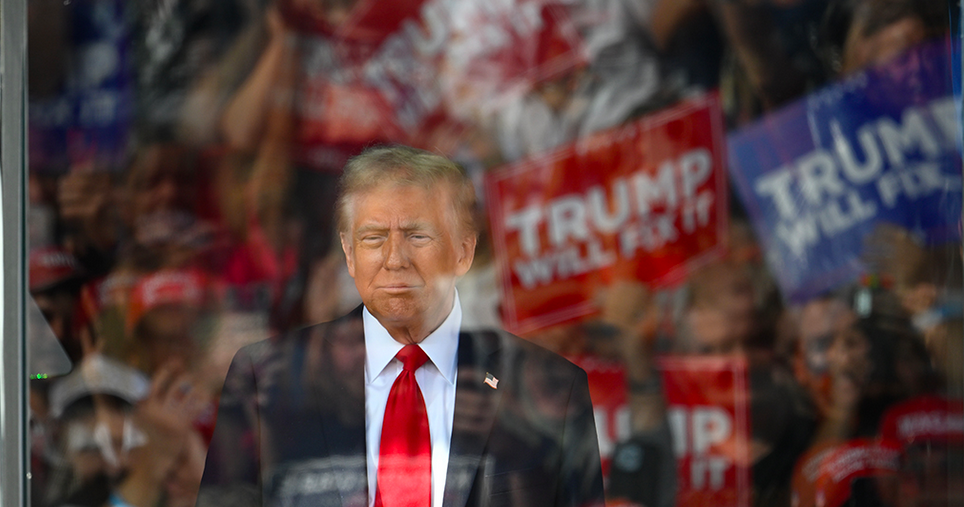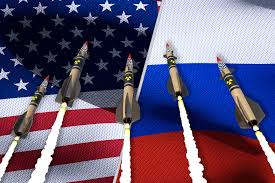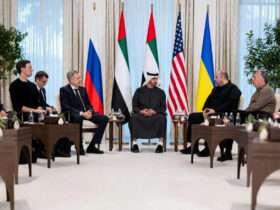By Onur Sinan Güzaltan
The new administration and the world.
Donald Trump has been elected as the new president of the US. The world is debating what this term will bring.
Based on his policies during his first term, his discourse during the campaign, and the figures in his administration, it is claimed that Trump would significantly change US’s foreign policy.
Time will tell. However, one thing is certain: the American public has endorsed Trump’s isolationist discourse -ending the war in Ukraine, withdrawing troops from West Asia East, etc.- indicating an acceptance of the global tendency toward multipolarity.
The question awaiting is whether the American state and its institutions will resist these policies if Trump seriously attempts to implement them.
Trump doesn’t hide his intent to appoint his cadres to institutions like the Pentagon, CIA, and FBI. That is likely to be met with resistance.
It would not be an exaggeration to say that the confrontation will deepen, even with a potential to turn into a conflict.
If Trump prevails domestically, he wants to implement his policies to different crisis points in the world. His policies raise many questions. In sum:
1. A possible Trump-Russia agreement
Trump promises to reach an agreement with Russia over Ukraine. What will be the ground of such an agreement?
Will the US accept all of Russia’s territorial gains? Will the Zelenskyy regime remain in power. What would happen to Ukraine’ NATO and/or EU membership processes? Will Russia abandon its gains in West Asia for an agreement with the US?
It was expected that Russia and Iran would sign a comprehensive agreement during the BRICS summit, including the article similar to mutual military aid between Russia and Korea Democratic People’s Republic. However, the agreement has still not been signed. How will the new dynamics between the US and Russia affect Russia-Iran relations, given Trump’s anti-Iran stance?
Will Russia limit its relations with Iran to reach an agreement over Ukraine?
2. US-Israel-Iran dynamics
Trump’s first term was marked by the US’s traditionally unwavering support for Israel. He declared that he recognized Jerusalem as Israel’s capital and led the Abraham Accords between the Gulf countries and Israel. His support for Israel will likely continue. Many figures in his administration are dauntless defenders of Judeo-Christian values.
As Israel continues its genocidal actions in Palestine and as its tensions with Iran threaten to escalate into open war, how will Trump’s unconditional support for Israel impact US-Iran relations? Will Trump’s administration pursue an aggressive stance against Iran’s nuclear program, or will it seek for a deal?
If Trump continues his support for Israel, the Israeli aggression in the region will increase. In that case, will the US dare to engage in a direct conflict with Iran alongside Israel?
3. Trump and “lonely” Europe
On the day Trump was elected, a government crisis unfolded in Germany -“banana republic” as Russia’s Foreign Ministry spokesperson Maria Zakharova calls it.
This hinted at the shockwaves Trump’s potential agreement with Russia over Ukraine sent across Europe from day one. Of course there are other reasons behind this crisis, but its foundation lies in Germany’s adherence to US-driven foreign policies leading to economic turmoil.
If Trump and Russia reach an agreement, what will Europe’s “powerful” governments do? Will they persist with economically devastating sanctions against Russia? Continue supplying weapons or even mercenaries to Ukraine?
If Germany and France choose this path, will other European nations comply?
Could Europe fragment between the US and Russia? Without US support, can Europe maintain its warfare against Russia? If Europe opts to normalize relations with Russia, what will be the extent of this?
Given that the Ukraine war was provoked by the US to sever Europe-Russia ties, with what means will the Trump administration try to counterbalance or limit if Europe starts mending these ties?
4. Frankensteins of Trump in Latin America
It’s claimed that Trump would return to the Monroe Doctrine, focusing on the American continent, particularly Latin America.
If so, what will happen to US-Mexico relations? Will border walls suffice to “protect” the US from Latin migrants?
Patriotic left forces in Latin America, especially Venezuela and remain strong. Historically, the US has repeatedly attempted to dismantle this but failed (time to reread Eduardo Galeano’s Open Veins of Latin America). What methods will Trump employ against these countries? How will Brazil, the country that drives the continent, resist Trump? Or will Latin America be governed by Frankensteins like Argentina’s Javier Milei, who are released by Milton Friedman’s brutal economic programs?
5. Trump and China
During his first term, Trump attempted to reverse Nixon-era “ping-pong diplomacy” aiming to neutralize Russia and isolate China. But he failed. During Biden’s term, Russia and China have arguably enjoyed the closest relations in their histories. Now, Trump again targets China.
Can new tariffs stop China’s momentum?
What leverage or proposals could Trump possibly use to put a wedge between Russia and China? Does such a possibility still exist?
The rise of BRICS with the leadership of China and Russia…. Will Trump’s respond?
Could Trump attempt to undermine China’s resource supply by coup d’etats in Africa?
As the world keeps turning, new questions might be added. Sometimes, asking questions can be an answer in itself.
So here’s one final question:
Will the world be saved by “revolutionary conservative” Trumps, or by the people rising against this unjust system and its imperialist architects?

















Leave a Reply